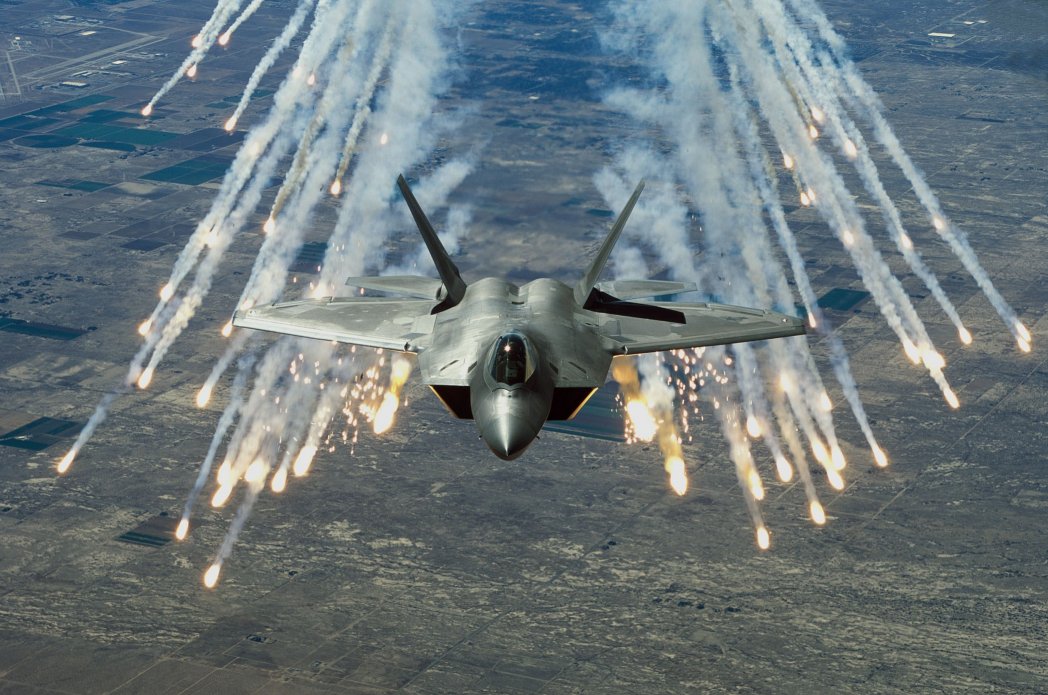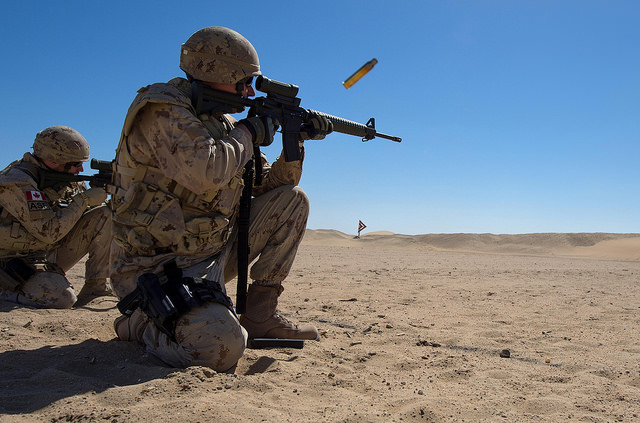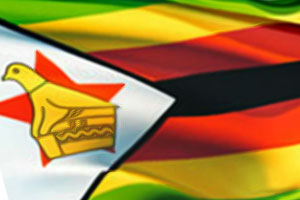Last night, October 10th, the NATO Association of Canada (NAOC) had the pleasure of hosting a Reserves 2000 roundtable at our Toronto Headquarters, located at 60 Harbour Street. The two guests of honour were Brigadier General (R) Julian Chapman, a veteran of over 30 years in the Canadian Armed Forces (CAF) and current President of consulting company Forrest and Company, and Colonel (Hon) John Selkirk, also a 30 year veteran of the CAF, former commanding officer of the Brockville Rifles, and the current Executive Director of the Reserves 2000 program.
Some background on what the Reserves 2000 may be helpful. In the aftermath of the Cold War, the Department of National Defence (DND) saw drastic cuts to its defence budget, and proposed cutting the contemporary size of the Reserves in half. At the same time, the administrative and overhead budgets of the DND were slated to increase. Formed in 1994 by a consortium of retired military officers and concerned politicians, the main goal of Reserves 2000 was to raise public and government awareness and appreciation of the valuable role that the Canadian Reserves contribute. The Canadian Reserves now stands at less than 24,000 reservists nationwide, hardly an adequate figure given our population and geographic size.
During natural disasters such as snowstorms and forest fires, reservists provide a well-trained and disciplined supplement to local police and emergency responders. With the majority of regular force s and their families living and training full time on remote military bases, the reserves also provide a valuable link between the civilian and military worlds. Recently, reserve units were essential in allowing Canada to continually field ground forces in Afghanistan, and made up over 20% of all tours of duty. Reserve officers also filled in domestically for regular officers to go and serve with their units overseas, maintaining division command structures and cohesion. Without them, it is unlikely Canada could have maintained its commitments to the International Security Assistance Force (ISAF).
The Reserves 2000 Roundtable at the NAOC was kicked off with an informative video entitled At the Ready. Hosted by Lloyd Robertson, Canadian broadcasting and journalism icon, the video explained the purpose, impact, and current challenges facing the Canadian Reserves, and included interviews with figures such as General Rick Hillier, former Chief of the Canadian Defence Staff from 2005-2008. After the video, an informal discussion was moderated by NAOC President Julie Lindhout and Corporate Development Officer Robert Baines, himself a member of the Toronto Scottish Regiment. Over food and wine, topics that were touched included the current difficulties in pursuing a full time career while committing time to the reserves, the cost effectiveness of reservists over regular forces in complementary roles, and the lack of a dedicated budget for reservist regiments. Of particular concern was that the DND was still looking at further cutbacks; in 2009, a series of valuable programs linking high school programs with reserve units was severed, further weakening the connection that the CAF used to enjoy with the civilian sector.
Ultimately, as explained in the video, Canada has taken too much of an active role worldwide to realistically expect that aggressive, expansionist entities will continue to pass us by. Appearing in the National Post late last year, a paragraph written by Colin Busby sums up why we should pay more attention to our embattled Canadian reserves; “A strong reserve force has a number of advantages for all Canadians. It allows for a cost effective use of resources during peacetime and the rapid augmentation of capacity during times of war and heightened military readiness. It also enables a number of military personnel to bring unique skills into sometimes hard to fill position in the force, such as engineers, medical officers, water filtration specialists and so on. Likewise, many Canadian employers can benefit from the operational skills reservists learn from military training. Perhaps as importantly, a strong reserve force exposes more communities to the realities of Canadian military engagements in ways no possible when we rely solely on regular forces whose families often live on geographically isolated military bases.” The Canadian Reserves deserves the funding, mandate and support to ensure that when they are called upon to serve Canada once more, they can still be found at the ready.





